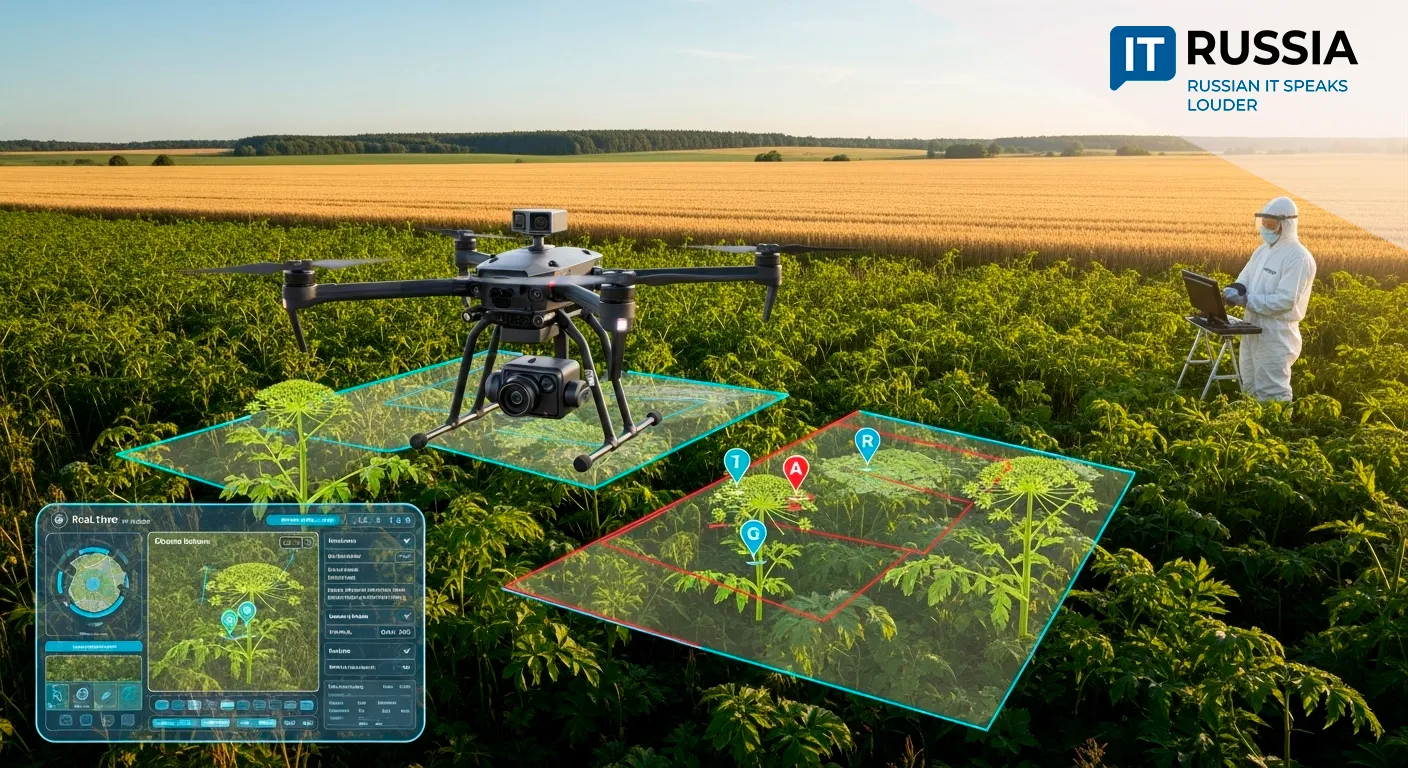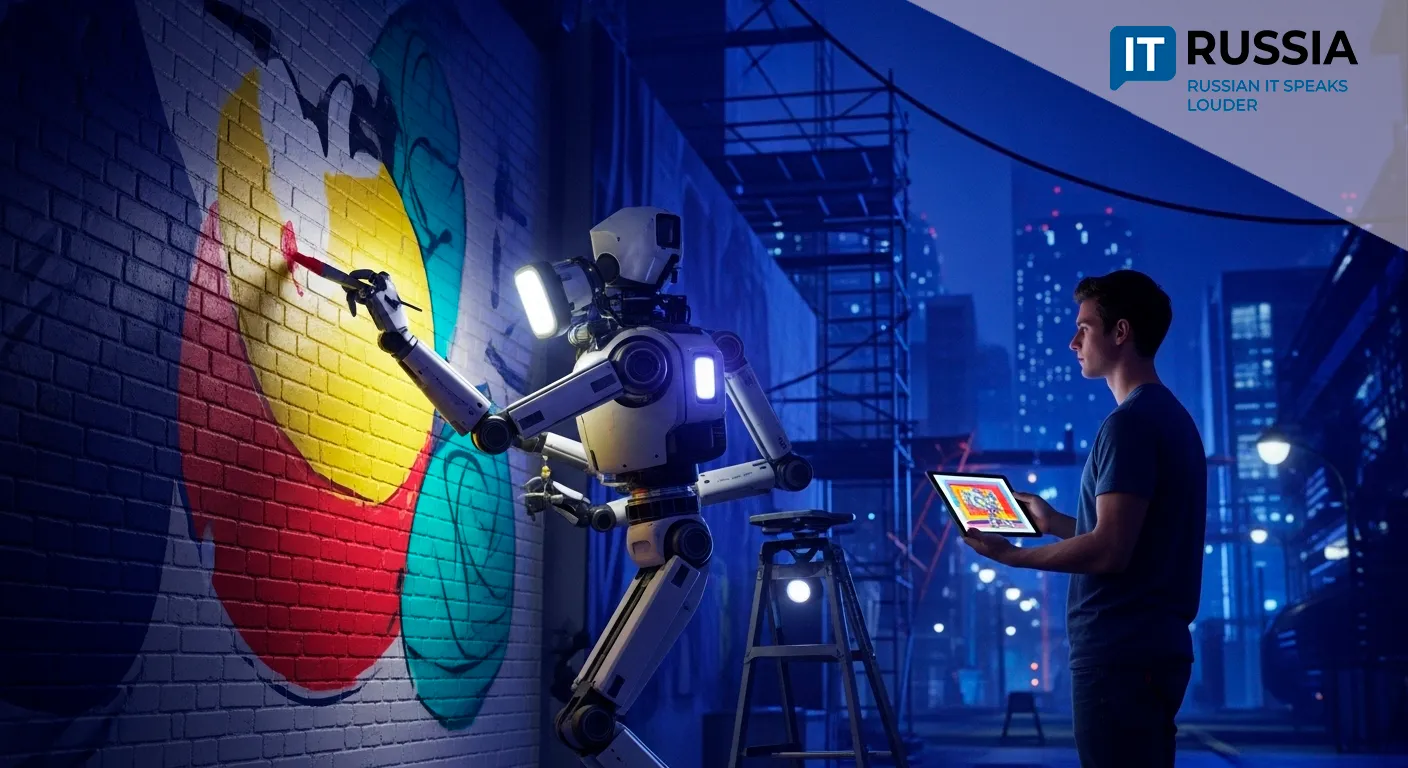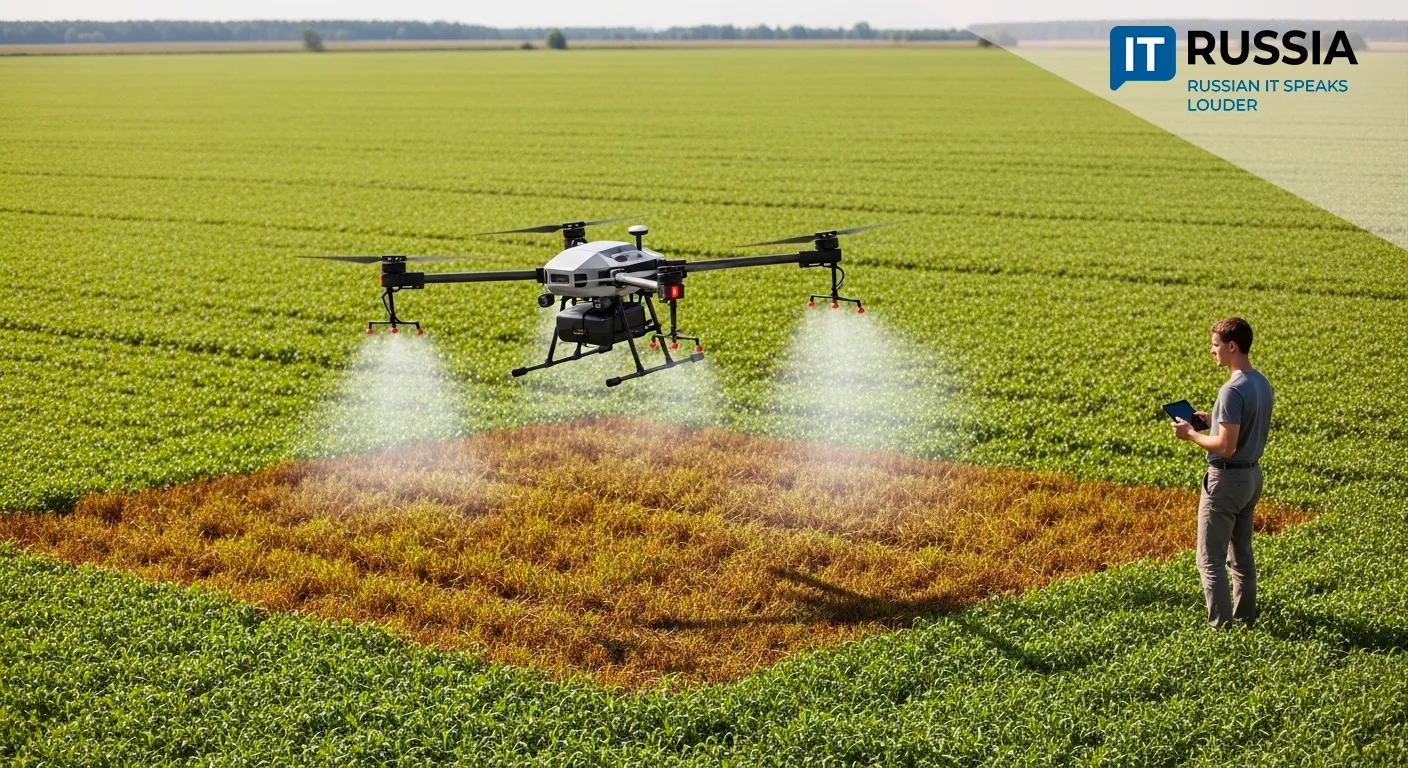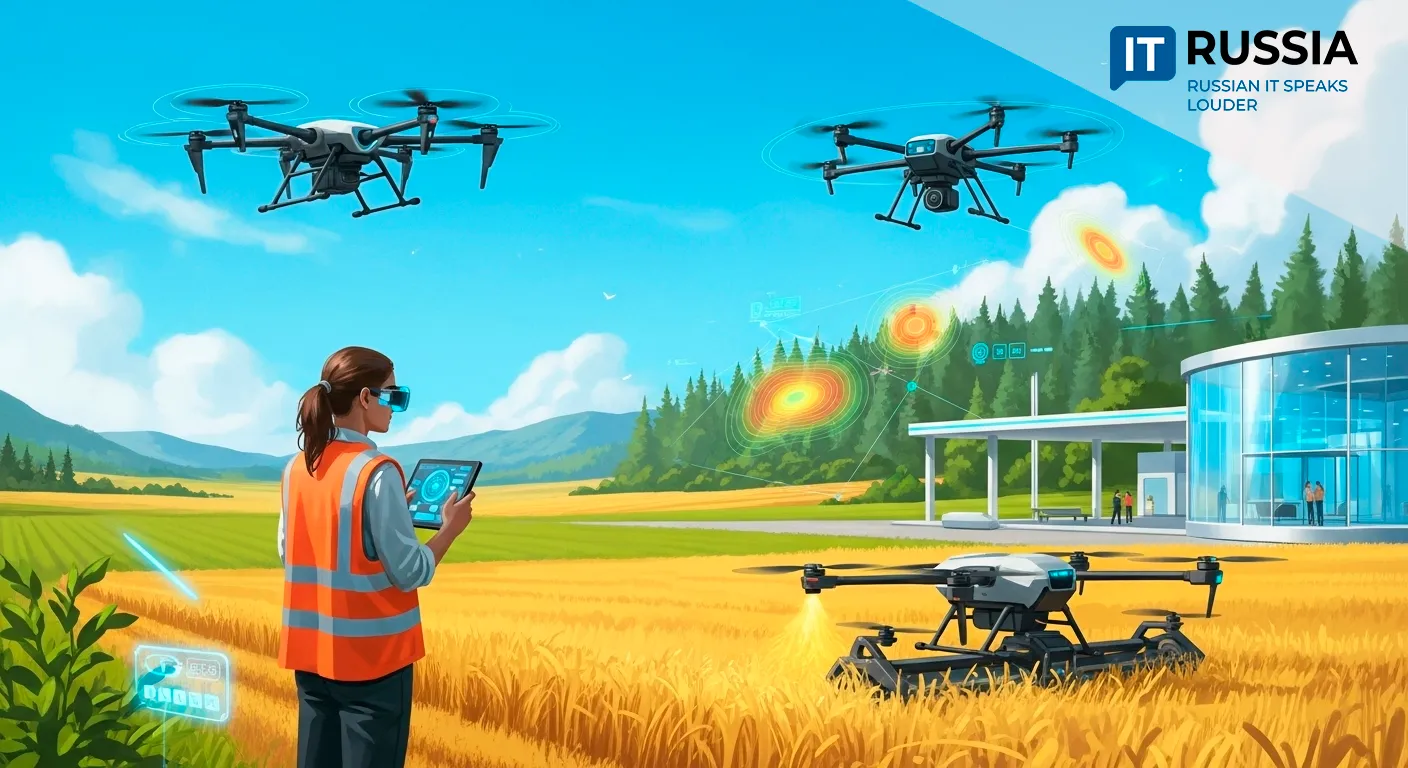Cybathletics Championship: Where Humans and Machines Compete
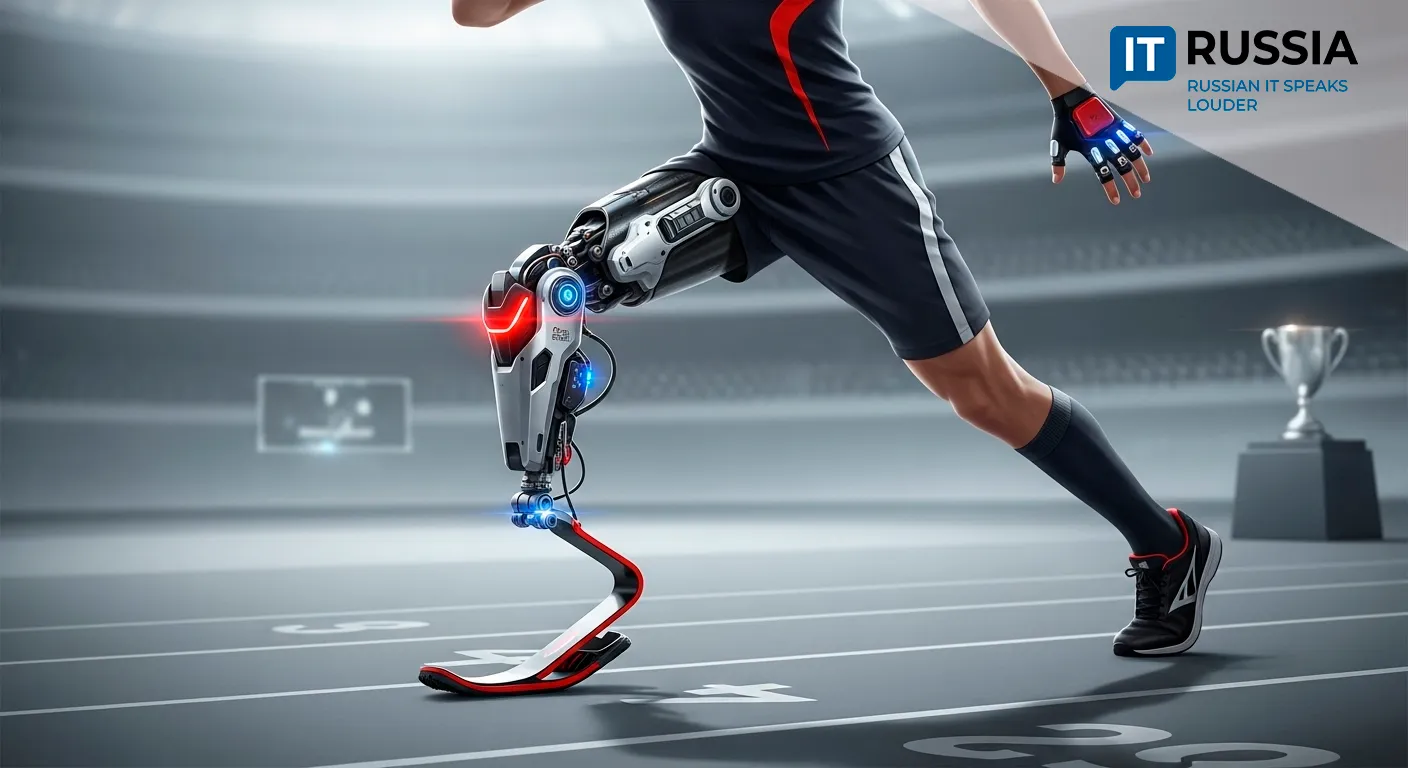
The Russian Cybathletics Championship kicked off at the Phoenix Assistive Technology Center in Moscow, featuring 150 athletes from 37 regions—and their high-tech prosthetic gear.
Sport, Rehabilitation, and Competition
Cybathletics is a relatively new sport in which people demonstrate their ability to operate assistive technologies such as prosthetic limbs and electric wheelchairs. According to Mikhail Artamonov, Head of Public Projects at the State Foundation ‘Defenders of the Fatherland,’ the event provides enormous psychological support to participants and reinforces the sense that they are not alone. Among this year’s competitors are 60 veterans of Russia’s special military operation.
Athletes compete across several categories: below-knee prosthetics, above-knee prosthetics, bilateral above-knee prosthetics, forearm and upper-arm prosthetics, and electric wheelchairs. Each challenge is designed to help participants build skill and confidence. For many, the games are part of their rehabilitation journey and a strong motivator to stay active and engaged.
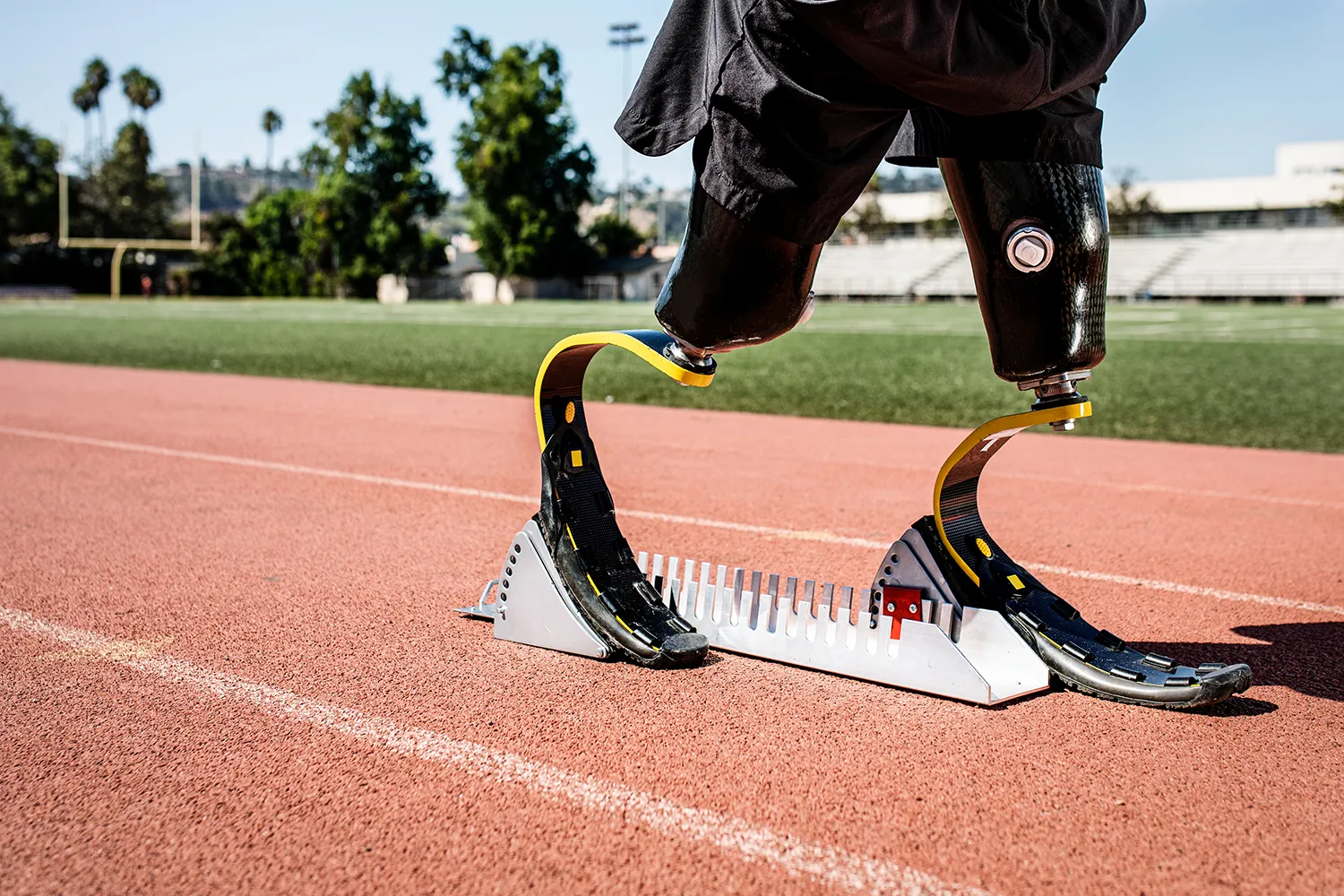
Bionic Prosthetics with Nerve-Level Precision
Technological progress is rapidly transforming the lives of people with disabilities. Russian scientists are developing assistive devices aimed at enabling users to adapt more seamlessly to everyday routines. The domestic bionic prosthetics market continues to evolve, fueled by both growing demand and an influx of new innovations.
Bionic prosthetics—electromechanical limbs driven by nerve impulses—offer new hope for individuals striving to return to a more independent life. These devices feature high tactile sensitivity and support fine motor control.
According to Russia’s Federation Council Committee on Disability Affairs, by the end of 2022, 98% of people with disabilities in the country had access to assistive technology devices.
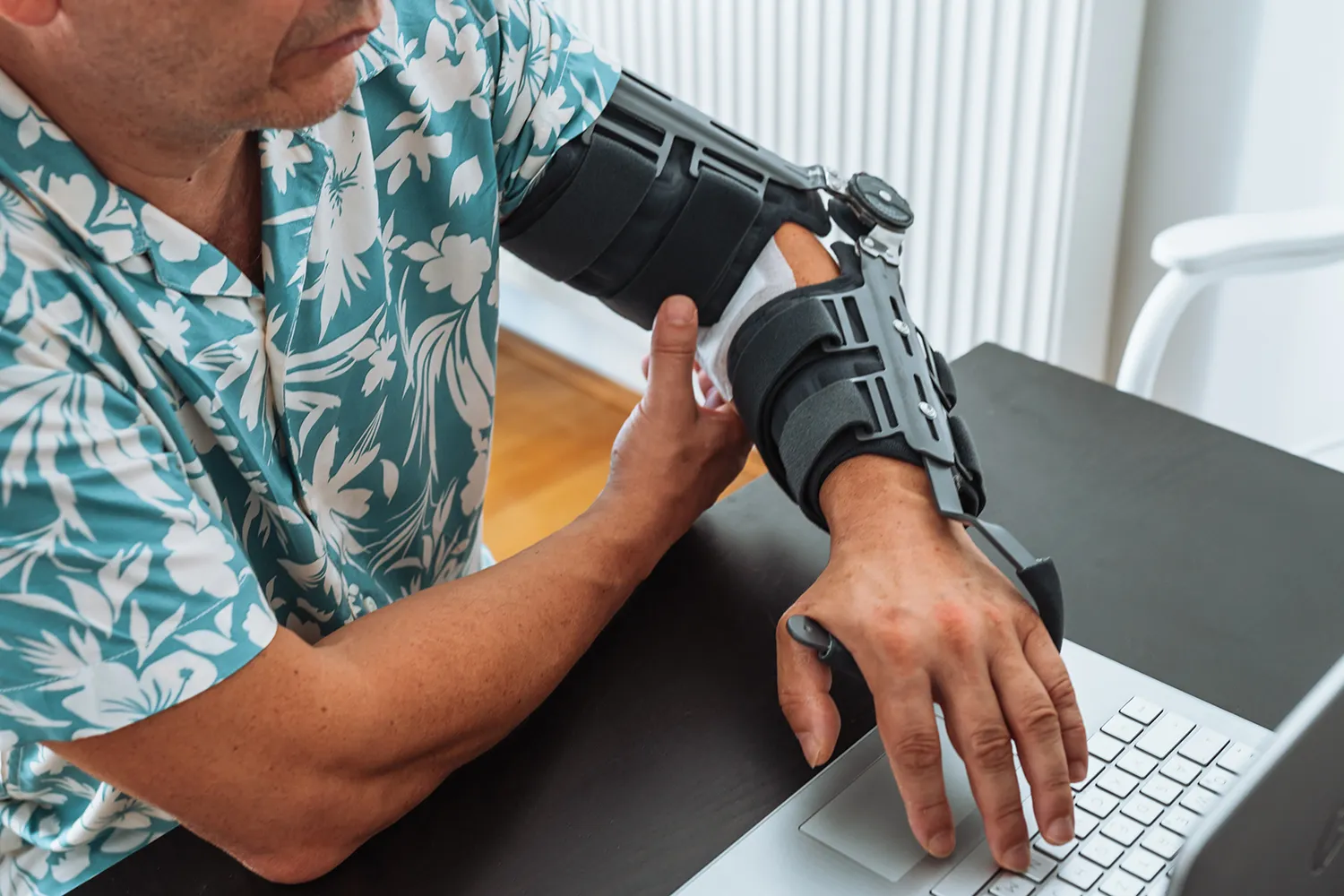
Why Russia’s Prosthetics Are in Demand
One major advantage of Russian-made prosthetics is price. According to Frost & Sullivan, the average price of advanced bionic limbs ranges from $5,000 to $50,000 internationally. In Russia, comparable prosthetic arms cost from 250,000 to 3.7 million rubles, depending on the severity and type of injury and level of customization.
Over 50 companies in Russia currently design and manufacture both upper and lower limb prosthetics. Among the leaders are Metiz and Motorica. Nearly all of them are focused on localizing production. Motorica’s traction prosthetics are almost entirely made in Russia, while its bionic devices currently use about 10% imported components.
Government support is also expanding. In 2024, the national budget for assistive technologies grew by 25%, reaching 58.76 billion rubles. New subsidy programs are being rolled out to help offset production and distribution costs.
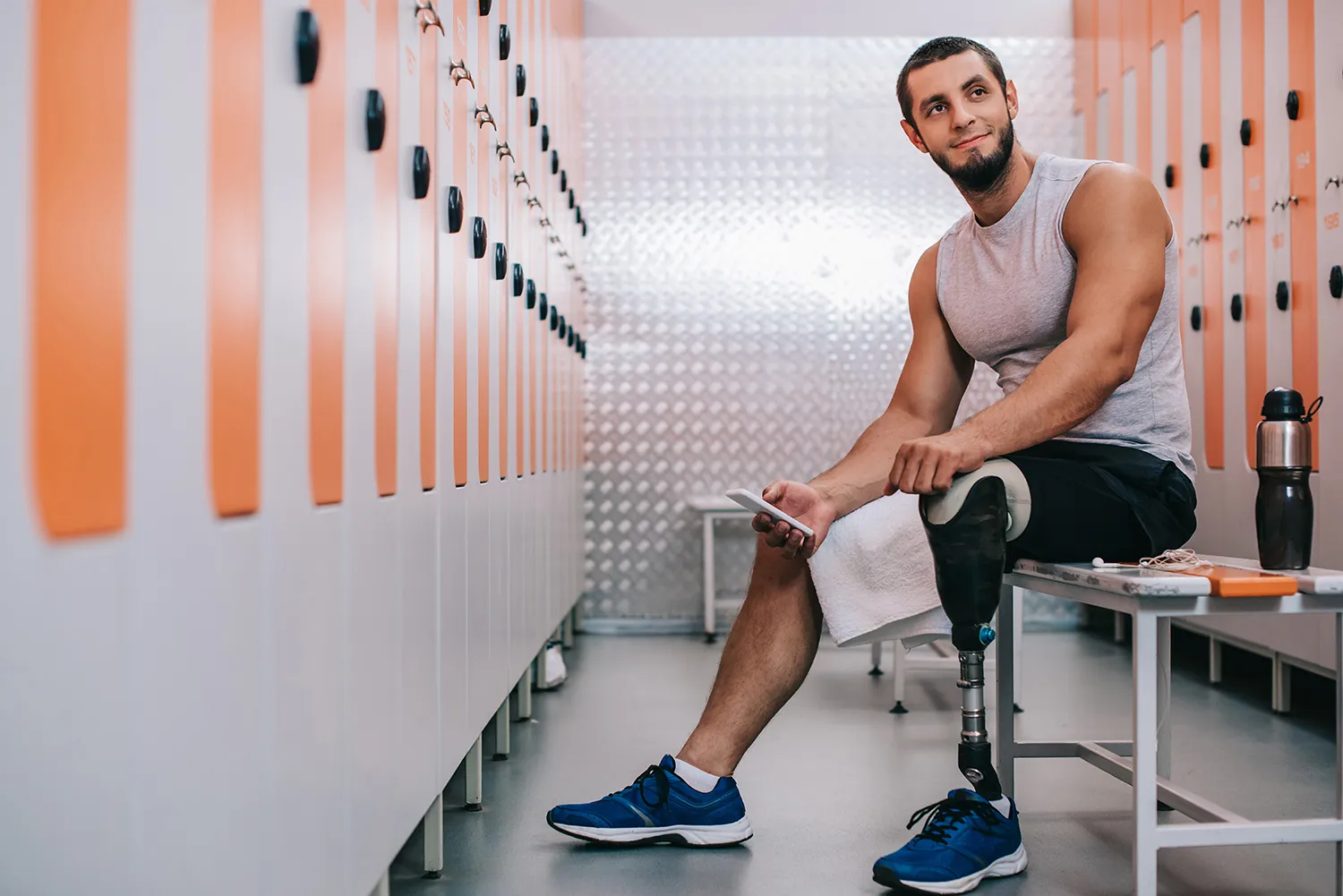
A Test Lab for Future Prosthetics
Cybathletics is more than a competition—it’s a proving ground for Russia’s assistive tech industry. The games allow developers to test new designs, receive user feedback, and refine their technology in real-world conditions.
The event has drawn attention to domestic prosthetics manufacturers, sparking demand for smarter devices with AI control systems, tactile feedback, and improved battery life. Scaling the program to regional levels could significantly expand the market for bionic solutions. With a smart technical and marketing strategy, cybathletic events could become a global showcase for Russian assistive innovations.
The coming years are likely to see a wave of new startups launched from universities and medical technology hubs—driven in part by growing demand for upgrading older prosthetic models. There is a rising need for a national prosthetics platform with an open API, as well as expanded involvement from the Ministry of Industry and Trade and the Ministry of Science and Higher Education.












